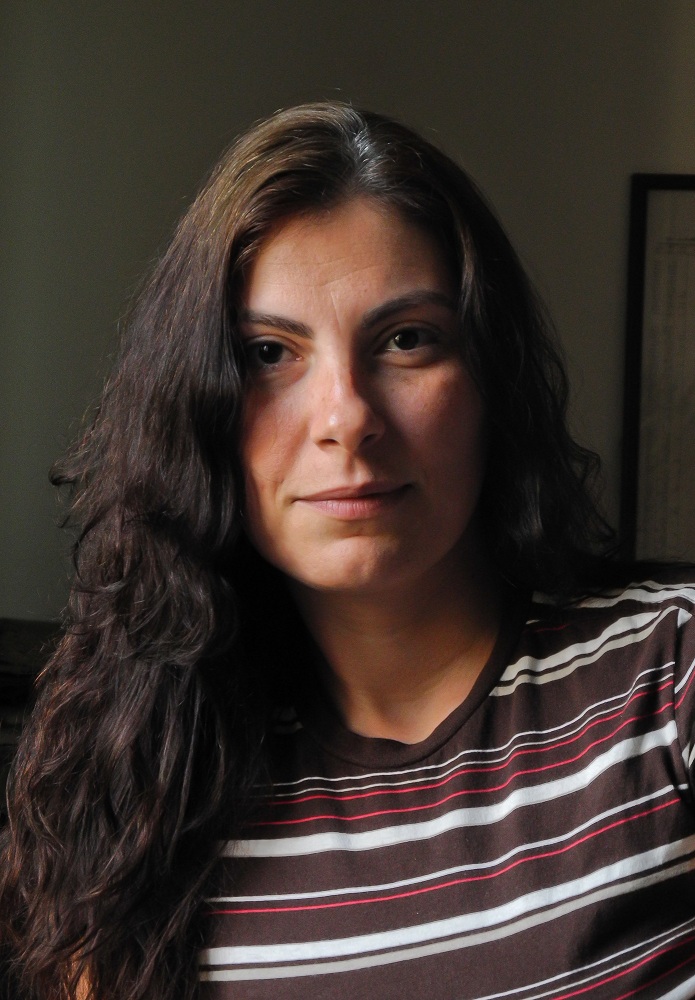
(AFP Photo)
Minister of Transitional Justice and Parliament Affairs Ibrahim El-Heneidy expects parliamentary elections to be held in September 2015, with the first parliamentary session before the end of the year.
“We are under pressure by political leaders to complete the third step of the roadmap,” El-Heneidy said in a Sunday interview with state-owned Al-Ahram newspaper.
It is expected that the parliamentary law drafts will be presented to the cabinet this week, after the observations of the Supreme Electoral Commission (SEC) are received, he said.
El-Heneidy had previously declared that the law was sent to the cabinet for approval last April, which supervises the committee in charge of amending the parliamentary law.
Apart from El-Heneidy’s speculations, it is the SEC which sets the date for Egypt’s elections. There will be a process of revisions of the law in addition the president’s final approval.
Meanwhile, Abdul Ghaffar Shukr, president of the Socialist Popular Alliance Party (SPAP) told Daily News Egypt on Monday that it would be an accomplishment to hold the elections by September through October.
“Nevertheless, the parliamentary laws are stuck between different institutions working on them and it does not seem like we can define a specific date for the parliamentary elections,” he said.
Another major issue faced is a project law that aims at “protecting the next parliament from dissolution”, according to what is being promoted by the state with the support of several politicians.
The law would allow the parliament to complete its term in case the Supreme Constitutional Court (SCC) ruled any of the parliamentary laws unconstitutional. According to Shukr, such a law is a “danger”, is non-constitutional, and legislators should issue unflawed laws in the first place in order to prevent legal appeals.
Political forces were supposed to be part of the decision-making process through social dialogue, after the SCC cancelled March elections due to the unconstitutionality of the laws organising elections. This was mostly due to the division of electoral districts, as they were declared unequal in representation.
However, political parties claimed their suggestions were overlooked by the committee in charge of amending election law. With discontent, they previously told Daily News Egypt that their meetings with the prime minister were “not serious”.
On the other hand, El-Heneidy said the committee took into consideration politicians’ views, namely the unified project presented by some parties. Their proposal of having different types of electoral lists, however, violated the constitution.
“We have objected from the beginning the current division of the parliament with a majority of individual seats and the rest through closed-lists,” Shukr commented, explaining why political parties suggested the introduction of part-list proportional representation in the system as well.
The constitution did not prohibit mixing electoral systems, as Article 102 clearly stated that “regarding electoral systems, individual or list system can be used or the combination of the two systems in any ratio”.
Shukr said the rejection of the idea based upon non-constitutionality was an excuse used by the legislators, because the “state does not want party lists”, in comparison to individuals who rely on personal services and money to acquire seats.
The current system states that over 70% of the parliament would be elected through individual candidates, the rest through closed systems in addition to 5% of members to be appointed by the president.


